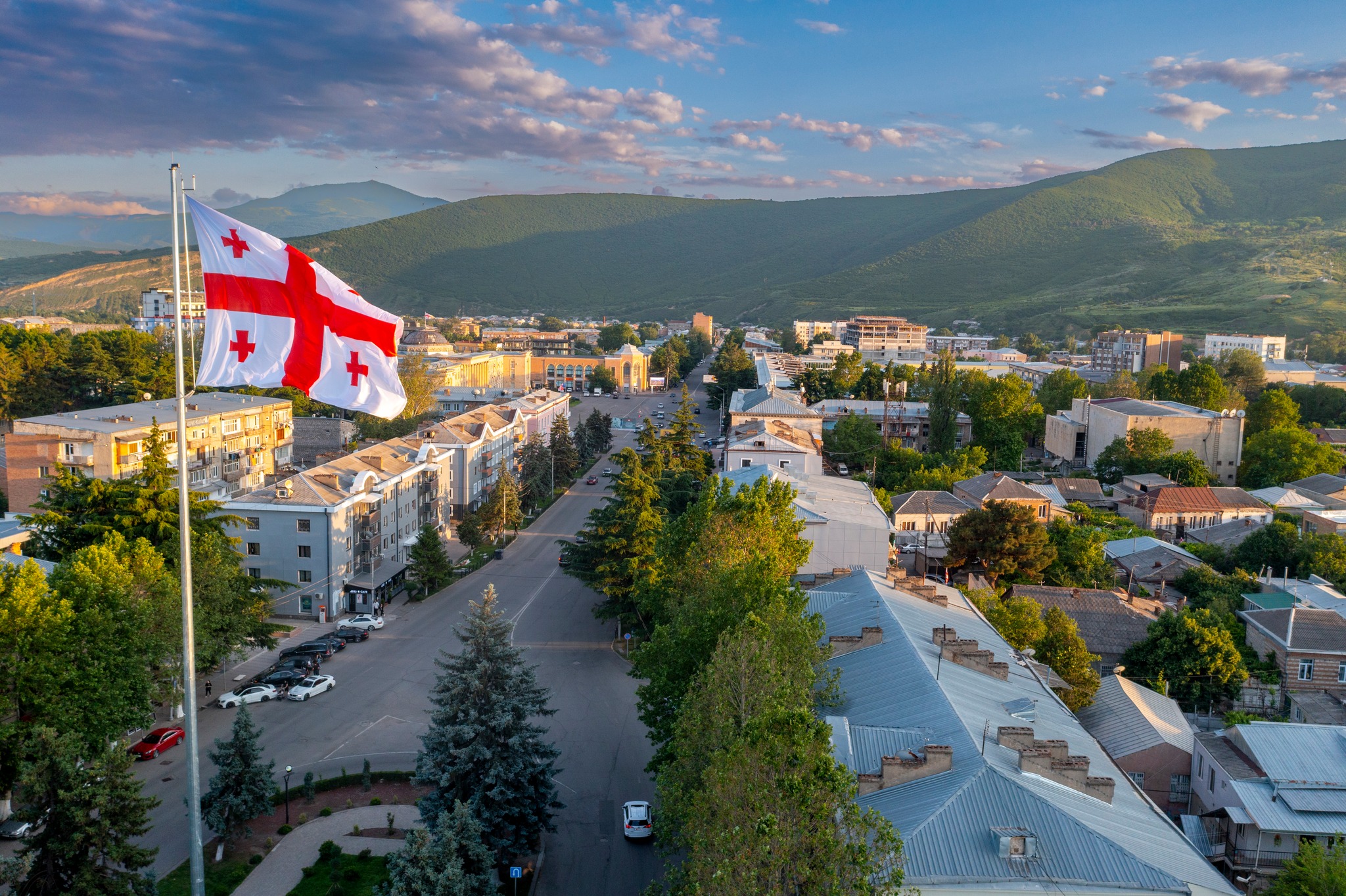Gori

Partnership Agreement: Signed on August 23, 2008
Population: approximately 44,000 residents
Country: Georgia
Mayor: Konstantine Tavzarashvili
Official Website: http://www.gori.gov.ge/
Location: Gori is situated in the Kartli Valley at the confluence of the Mtkvari (Kura) and Liakhvi Rivers, approximately 76 kilometers northwest of Tbilisi. The city is surrounded by mountains to the south and west, positioning it as an administrative, cultural, and industrial center within a prominent agricultural region.
Demographics: The city's population is predominantly Georgian, with significant communities of Azerbaijanis, Armenians, Russians, Ukrainians, and other minorities.
History
According to historians, Gori was established in the early 12th century by King David IV, known as David the Builder. A devastating earthquake in 1920 severely damaged the city. Due to its proximity to the Georgian-Ossetian conflict zone, Gori has experienced periods of military tension. Notably, in August 2008, during the Russo-Georgian War, the city was occupied by Russian forces.
Economy
Gori's economy encompasses a robust textile industry, instrument manufacturing, and food processing sectors, including canneries and a fruit and vegetable distribution center. The city is also home to research institutions focusing on the automation of production processes, a pedagogical college, and several specialized secondary schools.
Tourism
Tourist attractions in Gori include the Historical and Ethnographic Museum, the Joseph Stalin Museum (as Gori is Stalin's birthplace), the ruins of the medieval Goris Tsikhe fortress located on a hill in the city center, and the Gorijvari balneological resort known for its mineral waters. A notable landmark is the large bronze statue of Stalin, one of the few remaining in the world, situated in the main square in front of the city administration building. In late 2008, following the August conflict, a new museum dedicated to "Russian aggression" was opened within the Stalin Museum premises.
